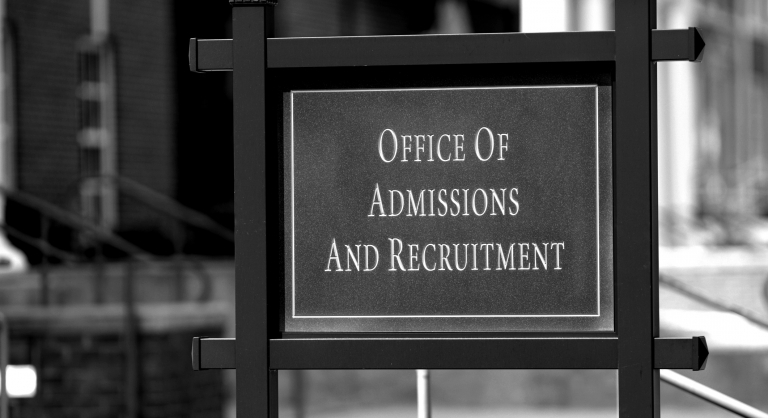A Look into the Crimes Charged in the College Admissions Scandal
The widely publicized 2019 college admissions scandal has been frequently discussed in the news in past weeks. The latest media surge contains reports of the pleas (both guilty and not guilty) recently entered by many of the criminal defendants indicted by the federal government in connection with the scandal.
The general allegation underlying the scandal has been widely reported: a group of parents, school employees, test administrators, an admissions consultant and his associates took part in schemes involving cheating on admissions exams and bribing college coaches and school officials to accept students into universities under the false pretense they would be college athletes. But the actual crimes charged against the alleged participants have received much less publicity. What federal laws have these individuals allegedly violated?
Many of the alleged participants, including the parents, have been charged with conspiracy to commit mail and wire fraud. The federal crime of mail fraud proscribes the use of mail to defraud another of money or property. The crime of wire fraud is similarly defined, but requires the use of an interstate telephone call or electronic communication made in furtherance of the fraudulent scheme rather than the mail.
But who does the government allege was defrauded, and of what money or property? The charging documents suggest the government’s theory is that the defendants conspired to deprive the deceived universities of their limited admissions positions, and the exam companies of their confidential testing materials and test scores.
The government has also charged many of the defendants with a special kind of mail and wire fraud known as “honest services” fraud. Although mail and wire fraud generally require an intent to deprive another of money or property, federal law provides that using the mail or interstate wires in furtherance of a fraudulent scheme to deprive another of their intangible right of honest services through giving or receiving bribes or kickbacks can also be a crime. The government has alleged that the parents and other defendants conspired to deprive the universities and exam companies of their right to the honest and faithful services of their test administrators, athletic coaches and school administrators through bribes and kickbacks to those coaches and officials.
In addition, the government has charged many of the participants in the scandal with conspiracy to commit money laundering. The federal money laundering statute broadly prohibits individuals from engaging in financial transactions with the proceeds of certain unlawful activity with the intent to disguise the nature, location, source, ownership and control of those proceeds. The government has alleged that many of the defendants conspired to commit money laundering by participating in funneling bribe payments and payments for services through a purported charitable fund and for-profit corporation controlled by the alleged organizer of the conspiracy, admissions consultant Rick Singer.
Finally, the government has charged Singer, some of his associates, and several coaches and other school officials with conspiracy to commit racketeering in violation of 18 U.S.C. 1962(d), which is a section of the Racketeer Influenced and Corrupt Organizations Act, commonly referred to as RICO. RICO provides for the prosecution of participants in the criminal conduct of an enterprise engaged in a pattern of “racketeering activity,” which includes mail fraud and wire fraud as well as money laundering. The federal government has alleged Mr. Singer and his co-conspirators entered into a racketeering conspiracy in order to enrich themselves personally, to facilitate cheating on college exams, and to facilitate the admission of students into elite universities as recruited athletes, regardless of their athletic abilities.
In order to accomplish these goals, the government has alleged that the enterprise engaged in mail fraud, wire fraud and money laundering by sending bribes by both interstate wire and mail, which were paid from purported charitable accounts controlled by Mr. Singer.
Client Tip: Stay tuned for any notable updates relating to the 2019 college admissions scandal.
Categorized: Higher Education, Policies, Protocols
Tagged In: admissions, college admissions scandal, mail fraud, money laundering, racketeering, RICO, wire fraud




